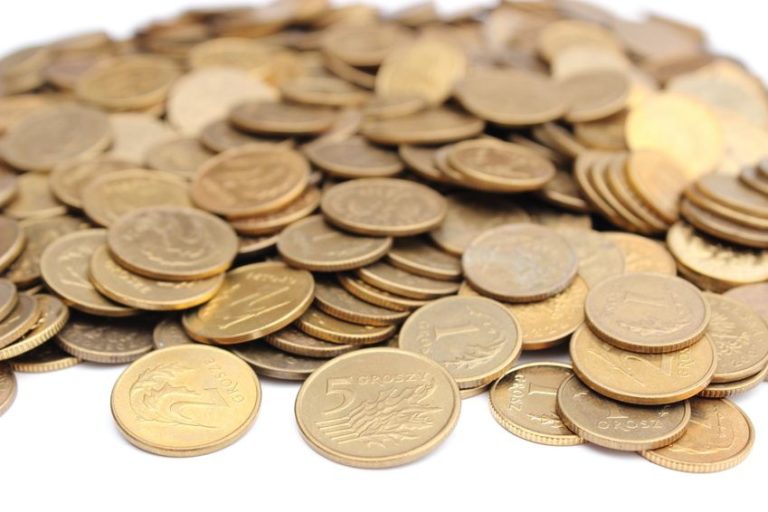A measure aimed at reducing governmental spending by $4.4 billion over the next 30 years is being met with opposition in the U.S. Senate amid concerns similar efforts in the past have proven ineffective.
Senators Tom Harkin (D-Iowa) and John McCain (R-Arizona) have re-introduced the COINS Act (Currency Optimization, Innovation, and National Savings Act. If passed and signed into law, the legislation would call for a four-year plan to phase out the $1 bill and replace it with a $1 coin.
A statement from Sen. McCain’s official website states, “Congress must look at every area of the federal government to save money. This simple bipartisan will do just that – save money.”
Among those opposing the measure is Sen. Elizabeth Warren (D-Massachusetts). “People don’t want the $1 coin. We tried that,” Warren said during a recent tour of Crane & Co., a currency manufacturer in Dalton, Mass., according to iBerkshires.com. “We tried it in the 70’s and there’s a vault of $1 coins that nobody wants.”
Warren continued, “”I’m kind of an evidence-based person. I think when you’ve got good evidence that it’s not going to work, you don’t put any more money into it. Paper really works for us and that’s what we see here.”
Popularity of the Dollar Coin
Dollar coins have failed to capture the interest of Americans in the past, due in large part of their general incompatibility with vending machines and their easily being mistaken for quarters. Additionally, surveys have shown most Americans just prefer a folding bill. According to the U.S. Treasury, 40 percent of all dollar coins have been returned to the Federal Reserve, resulting in $1.4 billion in coins currently sitting in storage rather than in circulation. The total surplus of coins not in circulation has grown so large, the U.S. Treasury Department has had to construct additional vaults to hold them all securely.
In response to the past poor performance of the $1 coin, former Senators John Kerry (D-Massachusetts) and Scott Brown (R-Massachusetts) filed the Currency Efficiency Act of 2011. That legislation halted the production of the special Presidential $1 coin series which had begun in 2007 and came in response to reports from the U.S. Treasury the surplus of unwanted $1 coins was costing the federal government $37 million per year in storage costs alone, with an additional $3 million per year spent just in transportation of the commemorative coins.


